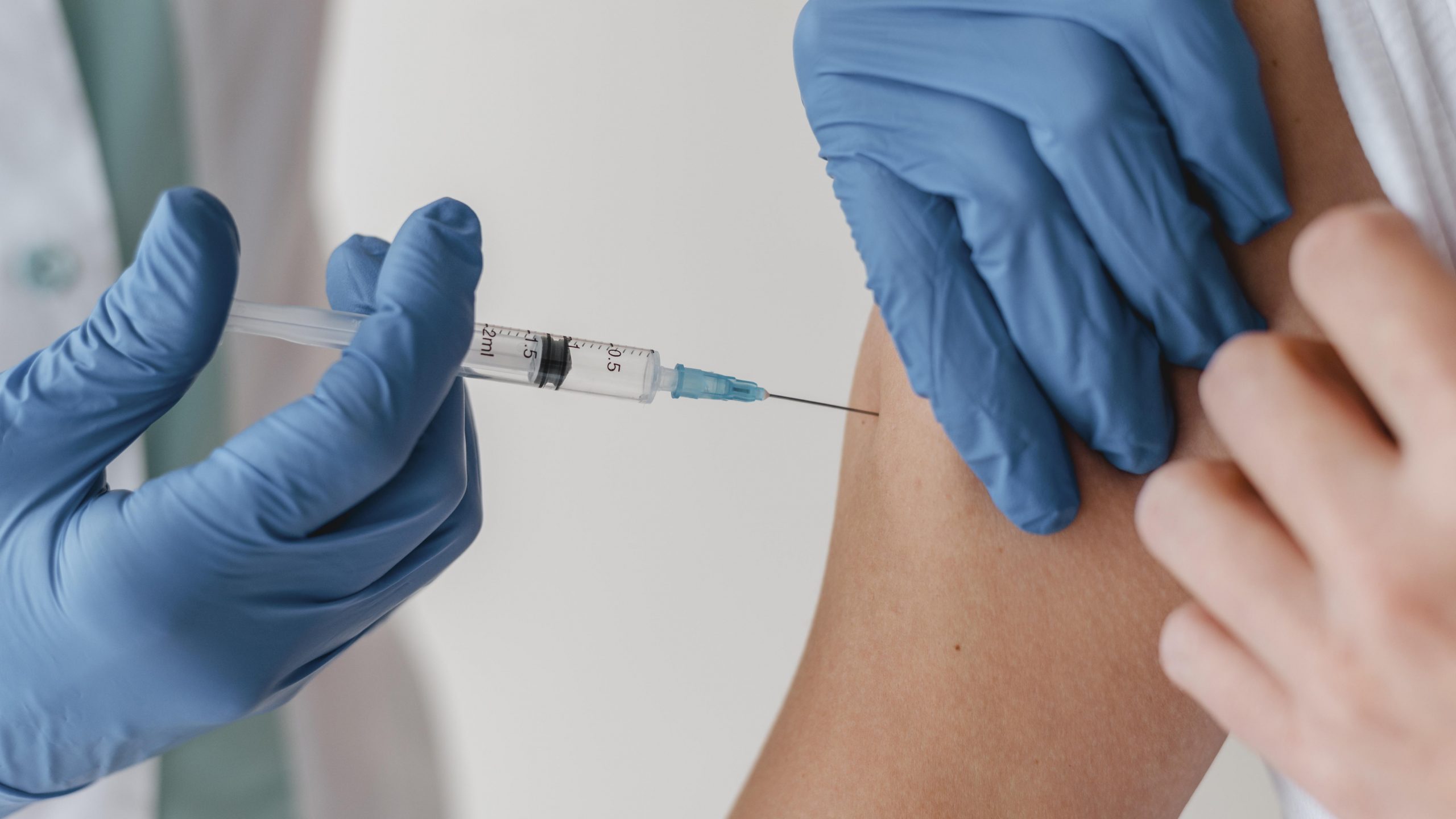

According to the findings of a phase 3 clinical trial led by a UT Southwestern Medical Center researcher, an experimental kind of insulin provided once a week was safe for patients with Type 2 diabetes and helped them maintain healthy blood sugar levels better than insulin injected daily. The findings, published in JAMA, might bring this potentially game-changing new medicine, termed insulin icodec, one step closer to FDA clearance.
“Insulin is the most burdensome therapy for people with diabetes,” said endocrinologist Ildiko Lingvay, M.D., M.P.H., M.S.C.S., Professor of Internal Medicine at UT Southwestern and its Peter O’Donnell Jr. School of Public Health. “A once-weekly version of the drug could minimize the stigma associated with daily insulin treatment, enabling more patients to start treatment when needed and stay on treatment to achieve the best possible glucose control and long-term outcomes.”
Diabetes affects more than 37 million Americans, or almost one in every ten. 90%-95% of them have Type 2 diabetes, in which the body does not respond correctly to insulin, resulting in abnormally high blood sugar (glucose). Long-term consequences can include heart disease, nerve damage, eyesight loss, and lower-extremity amputations.
According to Dr. Lingvay, around one-third of persons with Type 2 diabetes require insulin injections to keep their blood sugar within a reasonable range. However, many patients refuse owing to the pain, inconvenience, and stigma associated with this medication, resulting in an average three to five-year wait for patients to begin insulin when it is required – a wait that can drastically affect long-term outcomes.
Dr. Lingvay and colleagues from around the world have been testing insulin icodec for several years. Patients would inject insulin icodec once a week instead of everyday, relying on its interaction with a common blood protein called albumin to limit icodec’s release into the bloodstream.
Dr. Lingvay and colleagues from throughout the world completed five phase 3 clinical trials, dubbed ONWARDS 1-5, to evaluate how icodec works in diverse clinical circumstances. Dr. Lingvay headed the ONWARDS 3 study, which included 564 Type 2 diabetes patients from 92 clinics in 11 countries, including UT Southwestern, who all needed drugs to decrease their blood sugar but had never received insulin.
A rigorous double-blind randomized control experiment was used in the investigation. Patients were randomly assigned to one of two treatments: icodec injected once a week and a placebo daily, or degludec injected daily and a placebo once a week. The primary outcome of the trial was a change in hemoglobin A1C (HbA1C), a blood marker of long-term glucose management.
Patients on weekly icodec improved their HbA1C significantly more than those on daily degludec after 26 weeks of treatment and five weeks of follow-up.
Dr. Lingvay stated that both groups had an exceptionally low risk of adverse events, implying that both types of insulin are safe. Although patients who got icodec had a modestly increased incidence of low-blood sugar episodes, none of them were severe enough to necessitate emergency medical intervention.
Dr. Lingvay also took part in three more phase 3 trials of icodec at UTSW and other locations. those on icodec stayed in a healthy blood sugar range substantially more often than those on degludec in ONWARDS 1 and ONWARDS 5. In ONWARDS 4, those who received weekly insulin experienced similar glucose improvement and hypoglycemia as those who received once-daily insulin.
According to Dr. Lingvay, if insulin icodec is approved for clinical usage, it might represent a big innovation for patients with Type 2 diabetes. The FDA’s approval is the next stage.
“Patients in these clinical trials who learn they are taking insulin icodec tell us they are very disappointed when the trial ends and they have to switch to a daily insulin. Instead of just 52 injections a year, they must take 365,” Dr. Lingvay said. “Now we are one step closer to making insulin much easier for our patients to take.”
more recommended stories
 Nanoplastics in Brain Tissue and Neurological Risk
Nanoplastics in Brain Tissue and Neurological RiskKey Takeaways for HCPs Nanoplastics are.
 AI Predicts Chronic GVHD Risk After Stem Cell Transplant
AI Predicts Chronic GVHD Risk After Stem Cell TransplantKey Takeaways A new AI-driven tool,.
 Red Meat Consumption Linked to Higher Diabetes Odds
Red Meat Consumption Linked to Higher Diabetes OddsKey Takeaways Higher intake of total,.
 Pediatric Crohn’s Disease Microbial Signature Identified
Pediatric Crohn’s Disease Microbial Signature IdentifiedKey Points at a Glance NYU.
 Nanovaccine Design Boosts Immune Attack on HPV Tumors
Nanovaccine Design Boosts Immune Attack on HPV TumorsKey Highlights Reconfiguring peptide orientation significantly.
 High-Fat Diets Cause Damage to Metabolic Health
High-Fat Diets Cause Damage to Metabolic HealthKey Points Takeaways High-fat and ketogenic.
 Acute Ischemic Stroke: New Evidence for Neuroprotection
Acute Ischemic Stroke: New Evidence for NeuroprotectionKey Highlights A Phase III clinical.
 Statins Rarely Cause Side Effects, Large Trials Show
Statins Rarely Cause Side Effects, Large Trials ShowKey Points at a Glance Large.
 Anxiety Reduction and Emotional Support on Social Media
Anxiety Reduction and Emotional Support on Social MediaKey Summary Anxiety commonly begins in.
 Liquid Biopsy Measures Epigenetic Instability in Cancer
Liquid Biopsy Measures Epigenetic Instability in CancerKey Takeaways Johns Hopkins researchers developed.

Leave a Comment